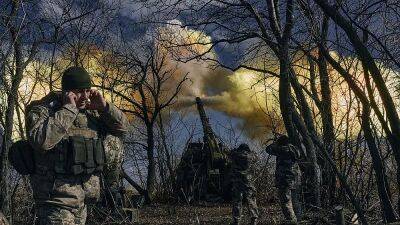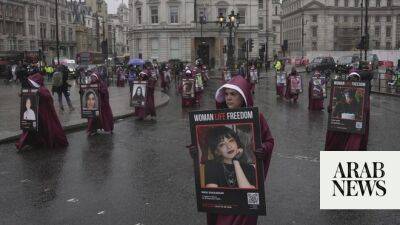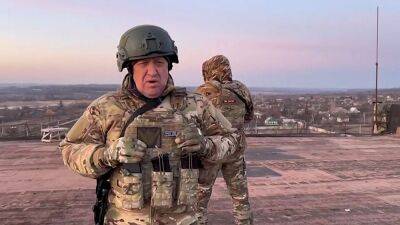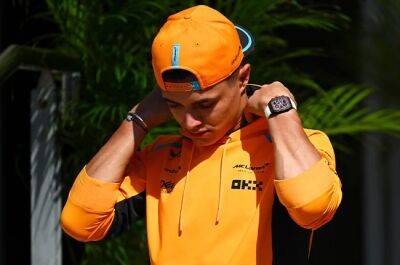Sanctions against Russia have not stopped Ukraine war, but are impacting long-term, says expert
One year on from Russia's invasion of Ukraine and the war has not stopped, despite the EU and its allies sanctions against Moscow.
Some argue that they are not having the desired impact, but according to Philipp Lausberg, a policy analyst at the European Policy Centre (EPC) they have had a significant effect on the Kremlin's revenues and will have a much longer-term impact.
"So far, I think the sanctions that the EU has introduced have had a limited effect on Russia's ability to finance its war, but a lot of these sanctions are designed to work in the long run, not in the short run," he told Euronews.
"Russia has a relatively large national wealth fund. So, even if they now have a big budget deficit, even if the economy is shrinking, they still have $155 billion in their national wealth fund and they can finance their wars through that.
"However, that money is slowly decreasing," he added.
In the first round of sanctions, political and military leaders were targeted, Russian planes were banned from flying to Europe and export bans on sensitive technology, including for military equipment were introduced.
The EU also joined efforts with its Western allies to freeze Russian assets abroad and excluded major Russian banks from the SWIFT financial transactions system.
As the war escalated, the EU pushed for new measures, including against the Russian energy sector.
The importation of crude oil was hit and a price cap on it was also introduced, with refined oil products later targeted.
Europe also looked to decrease its dependence on gas from Moscow and has now successfully done so, with Russian gas representing just over 12% of the gas it needs, something Lauri Myllyvirta, a lead analyst at the Centre for Research on Energy and Clean







